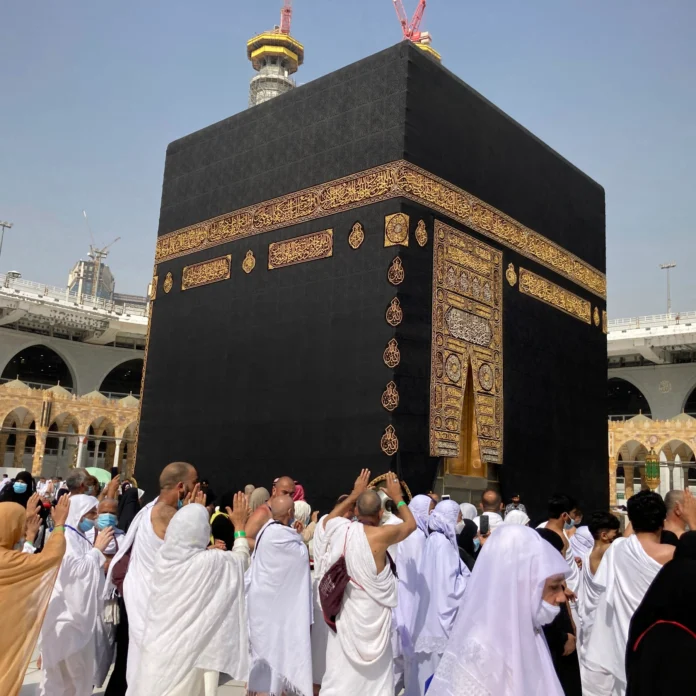The Hajj pilgrimage, a monumental religious event that draws millions of Muslims from all over the world, has become increasingly challenging due to the soaring cost of the journey. This year, Pakistan’s Hajj authorities are facing a significant setback, as only 89,000 applications have been submitted so far, falling far short of the expected quota of 179,210 pilgrims. As a result, officials have been forced to consider all applicants under the regular government scheme and the Sponsorship Scheme, without the need for ballot.
Despite the government of Saudi Arabia restoring the pre-Covid levels for the number of pilgrims for the first time since the pandemic began, the exorbitant cost of performing Hajj has made it arduous for many to afford. Consequently, the number of applications under the regular government scheme and the Sponsorship Scheme has dwindled, causing apprehension among officials.
The Sponsorship Scheme, designed to facilitate a more affordable pilgrimage, has failed to entice a substantial number of pilgrims this year. The scheme permits pilgrims to seek foreign exchange from abroad in the specific dollar account of the religious affairs ministry. Despite 50% of the quota being reserved for the scheme, the number of applications has fallen below expectations.
If the number of applications fails to increase in the coming days, authorities have proposed to declare all applicants successful, allowing them to perform Hajj this year regardless of their eligibility under the Sponsorship Scheme or the regular government scheme. However, officials are encouraging prospective pilgrims to take advantage of the Sponsorship Scheme to make the pilgrimage more accessible and cost-effective.


